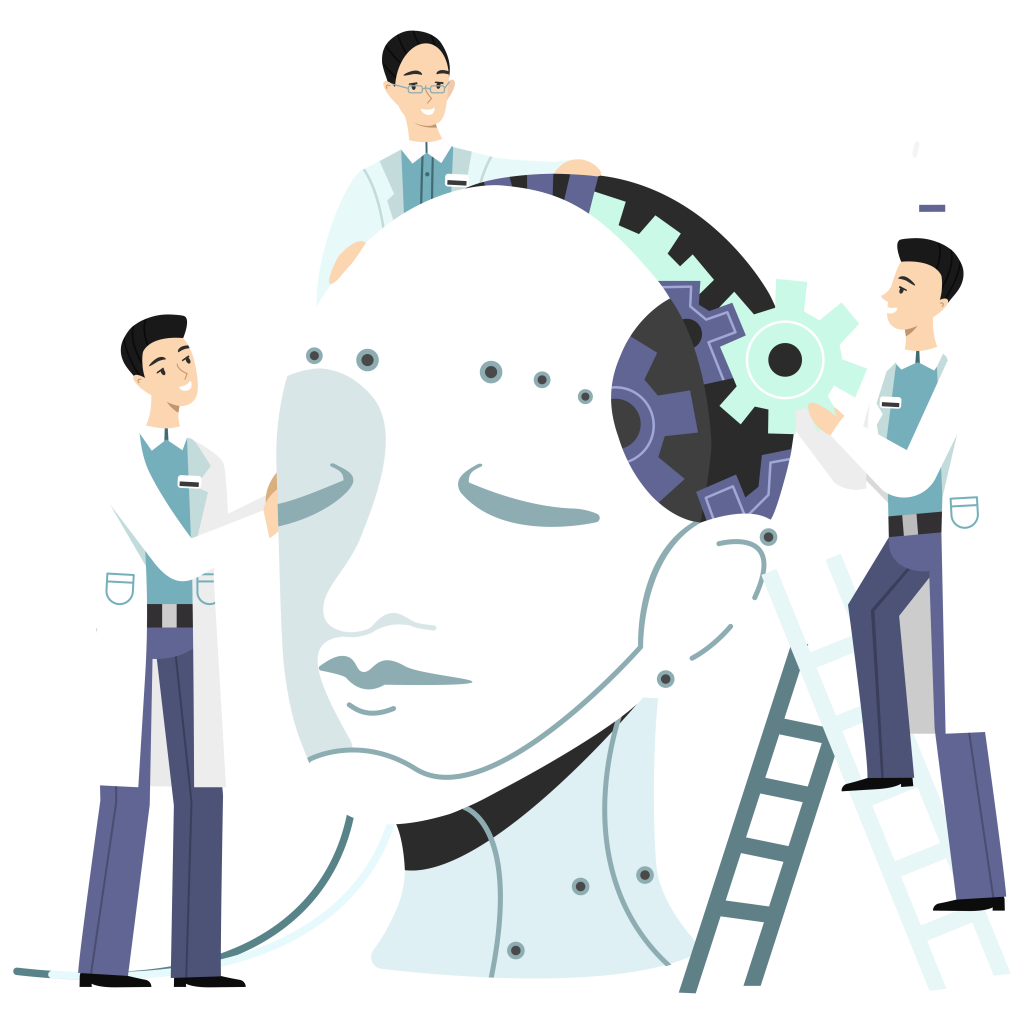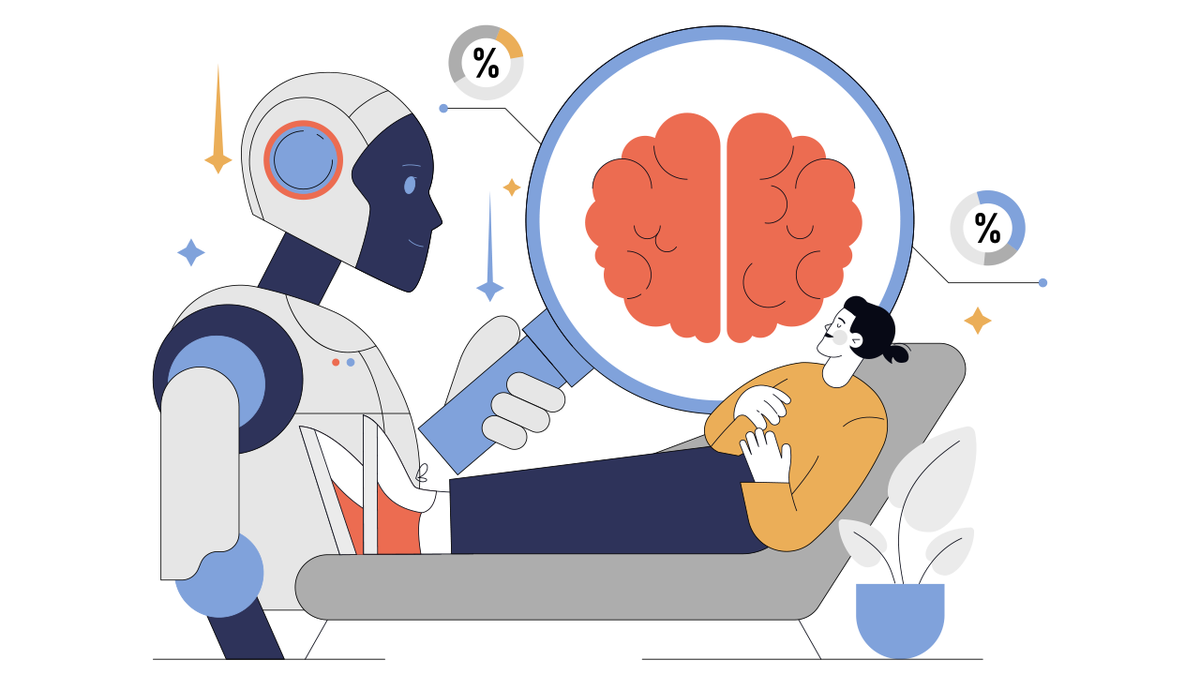Snowball AI Youth Mental Health Monitoring and Intervention System

What Does
Snowball AI System Offer?
Our AI-driven system integrates advanced technology, including emotional computing, machine learning, and natural language processing, to deliver real-time, personalized, and precise mental health support.
Real-Time Monitoring & Early Warning
Utilizing AI algorithms to continuously track emotional and behavioral signals from language, facial expressions, social interactions, and online activities, enabling early detection and proactive intervention.
Optimized Resource Management
AI-driven analyses help schools efficiently allocate professional mental health resources, ensuring timely support for students most in need, while reducing overall intervention costs.
Personalized Data Analysis & Risk Prediction
Analyzing patterns in student behavior and emotional changes, accurately identifying early signals of potential mental health concerns, and providing individualized recommendations for intervention.
Continuous Tracking & Effectiveness Evaluation
Monitoring students’ progress throughout interventions, evaluating outcomes, and dynamically adjusting strategies to improve efficacy.
Automated & Targeted Interventions
Offering automated cognitive-behavioral therapy (CBT) programs and tailored support resources such as online counseling, self-help tools, and community support referrals.
Cross-Disciplinary Collaboration
Integrating expertise from psychology, education, sociology, and technology fields to ensure comprehensive and effective mental health solutions.
Mental Health Awareness & Education
Providing interactive educational resources to students and parents, promoting mental health literacy, reducing stigma, and encouraging proactive help-seeking behaviors.
Privacy & Data Security
Robust measures to securely handle sensitive data in full compliance with privacy laws and regulations, ensuring student confidentiality and trust.
How
Snowball AI System
works?
Our AI system employs advanced methodologies and innovative tools to deliver effective psychological monitoring and intervention:
Note: Snowball does not provide emergency consultation, suicide prevention, or crisis intervention services.
Snowball’s
Security & Privacy Measures
We prioritize the privacy and security of our users. The Snowball AI System adheres to rigorous data protection and ethical standards:
Data Encryption
All data transmissions and storage employ high-level encryption technologies to protect user privacy.
AI Ethical Guidelines
Strict adherence to ethical guidelines in AI development and application, ensuring responsible usage and transparency.
Minimal Data Collection
We only collect information that is necessary to provide our services, avoiding the collection of personally identifiable data
User Consent and Control
Explicit consent mechanisms and user-friendly controls allowing students and guardians to manage their data.
Regular Compliance Audits
Periodic audits to ensure compliance with international privacy standards and best practices.
Regular Audits and Assessments
Security audits and privacy impact assessments ensure that our systems continuously meet the highest standards
Transparent Data Policies
Clear and comprehensible privacy policies detailing data collection, use, and storage practices.
Children’s Privacy Protection
For underage users, we comply with legal requirements such as COPPA to provide additional protection
Information Confidentiality
We are committed to not selling user information to third parties without user consent
Achievements & Proven
Outcomes
The Snowball AI Youth Mental Health Monitoring and Intervention System has been successfully piloted in several schools, have demonstrated promising results, with measurable improvements across multiple key indicators:
High Student Engagement and Participation
Students actively and willingly engaged with the AI Companion Coach, reflecting genuine enthusiasm and trust. In a recent pilot at a middle school involving oer 400 students, participation in AI-driven assessments reached nearly 100%, highlighting excellent acceptance. Additionally, follow-up interactive AI sessions successfully maintained a participation rate of more than 90%, demonstrating sustained student interest and trust in the system.


Precise Early Detection and Improved Timeliness
AI-based psychological screening significantly improved the accuracy and timeliness of identifying mental health risks. In the above-mentioned pilot, approximately 18% of participating students (about 40 individuals) were identified with varying degrees of emotional stress, anxiety, or other psychological concerns. Among these, 12% showed mild-to-moderate risk, and approximately 6% required immediate intervention. Early identification allowed school counselors and teachers to proactively address these issues, reducing the likelihood of escalation.
Enhanced Effectiveness of Personalized Intervention
The AI system facilitated tailored interventions based on precise data analysis of each student’s psychological assessment. For instance, in one documented case, a student initially identified as experiencing emotional distress showed a significant improvement in emotional stability, academic engagement, and classroom social interactions after just three personalized AI-assisted counseling sessions. Overall, pilot school teachers observed notable improvements in emotional regulation, academic participation, and peer relationships among students identified by the system.


Positive Feedback from Educators and Reduced Workload
Educators consistently reported significant benefits from the AI system, including increased efficiency and reduced workload. In feedback surveys, over 85% of teachers from pilot schools stated that the AI system notably reduced their daily burden of mental health monitoring activities, allowing them more time to focus on teaching and targeted support. Teachers also highlighted the ease of use and practical insights generated by the system, which improved their confidence and effectiveness in handling psychological issues among students.
Improved School-Family Collaboration and Satisfaction
The platform’s capability to facilitate swift and clear communication between school psychologists, teachers, and parents received strong approval during pilot tests. Over 80% of parents surveyed expressed satisfaction with the timely and informative updates provided by the AI system, appreciating the system’s role in strengthening communication and enabling proactive family involvement in mental health care.


Increased Mental Health Awareness and Reduced Stigma
The educational modules and AI-driven interactive interventions significantly boosted mental health literacy among students, teachers, and parents. Post-intervention surveys indicated a measurable reduction in stigma, with approximately 75% of students expressing increased willingness to openly discuss mental health topics and seek help proactively, compared to baseline measurements.
Future Prospects &
Ongoing Improvements
Our ongoing research and development efforts seek to further enhance system capabilities:

-
Advanced Predictive Models
Further refinement of predictive accuracy through enhanced emotional computing and deep learning techniques. -
Cross-Cultural Adaptability
Research into the adaptability of AI mental health solutions across diverse cultural contexts to ensure effectiveness and inclusivity. -
Enhanced Interdisciplinary Integration
Strengthening collaboration between AI technology, educational theory, and psychological expertise for increasingly comprehensive solutions. -
Continuous Feedback Loop
Regularly incorporating user feedback and outcome analysis to iteratively refine and optimize intervention strategies.












